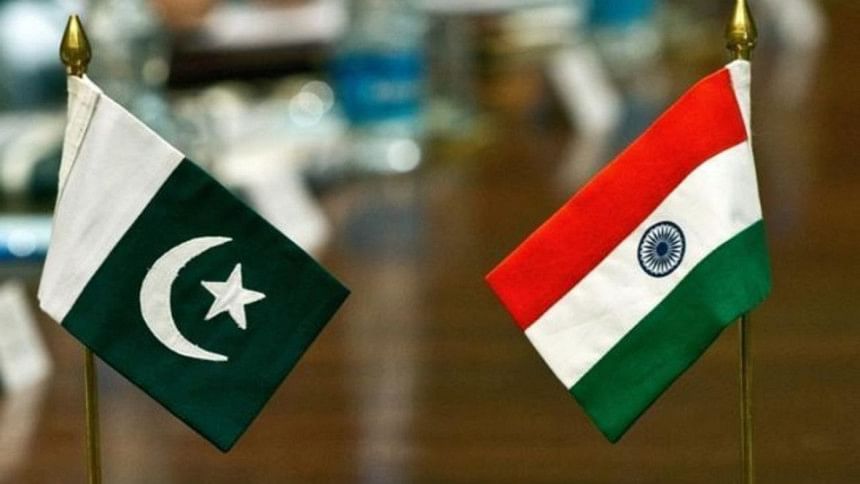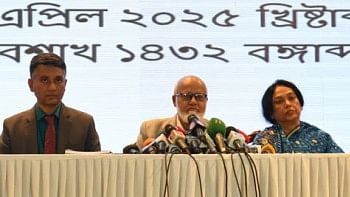Drama over Indo-Pak meeting

It was a drama-filled 24 hours involving India and Pakistan between the afternoon of September 20 and September 21. Accepting a request of Pakistan Prime Minister Imran Khan, India announced its green signal to a meeting between the foreign ministers of the two countries in neutral territory—New York—in the last week of September. That would have been the first foreign ministerial-level meeting between them in three years. Many in India had seen in it a flicker of hope in the midst of gloom over India-Pakistan ties. But on September 21, India pulled the plug on the meeting citing the brutal killing of an Indian Border Security Force trooper at the border with Pakistan and the mutilation of his body and Pakistan's releasing of postage stamps glorifying terrorists in Jammu and Kashmir state and the abduction and killing of three policemen there.
In fact, India's agreeing to a foreign ministerial-level meeting with Pakistan was baffling. True, India had congratulated Imran Khan even before he could secure majority in parliament and Modi spoke to him over the phone felicitating him for his win. Both actions had raised the prospects of a fresh thaw in India-Pakistan ties. But it was clear right from the start that a government in India facing national elections in a few months would not risk re-engaging with a new government in Pakistan treading the landmines of bilateral relations.
Even on the day, the official spokesman of India's External Affairs Ministry, while announcing the meeting in New York, repeatedly hammered home the point that the event should not be confused with resumption of comprehensive peace talks. He also played down expectations from the meeting saying not much should be read into it. With such strong caveats built along with the decision to agree to the meeting, the cancellation of the meeting was only expected. Just a couple of days before India's agreeing to the meeting, Minister of State for External Affairs VK Singh had termed Imran Khan as the Pakistan army's prop in dealing with India.
India's cancellation of the meeting in New York is in sync with the assessment in Delhi that both Khan and Pakistan army are putting up a veneer of a peacenik and normalisation of ties with India in order to restore the American economic aid and ward off the threat of cancellation of IMF bail-out package for getting out of its domestic economic quagmire. Nothing tangible would have come out of the meeting between the two foreign ministers given the present state of India-Pakistan relations.
India has reasons to be outraged. Pakistan has not taken any credible step to stop cross-border terror to warrant a change in India's no-talks stance. The Pakistan-based masterminds and perpetrators of the deadly terror attacks in Mumbai in November 2008, on IAF airbase in Pathankot in Punjab state and an army camp in Uri in Jammu and Kashmir that left 19 Indian soldiers dead in 2016 are yet to be brought to justice; the killings of BSF personnel in firing from across the de facto and de jure borders continue and there is no let-up in militants aided by Pakistan-based terror groups threatening and killing policemen in Jammu and Kashmir. Given all this, many in India wondered why India had on September 20 announced its decision to accept the meeting in New York in the first place.
No doubt, a government reserves the right to change its decision factoring in certain latest developments. But what changed on the ground to warrant the nod to the meeting? The cancellation has come under question by some in India who said most of the factors for the change of mind by India had existed even on September 20—the brutal killing of the BSF trooper on September 17, Pakistan issuing postage stamps glorifying terrorists in Kashmir (in July this year) and the abduction and killing of three policemen in Jammu and Kashmir.
Apart from referring to these incidents to back its decision to call off the meeting, India brought into its firing line Imran Khan with an unusually sharp attack on him by saying his "true face stands exposed." In fact, India's former High Commissioner to Pakistan Sharat Sabharwal, in a Twitter post, disapproved of the sharpness of the attack. Khan too responded with vitriol tweeting about "small men occupying big offices who don't have the vision to see the large picture." This has created more bad blood and stood in stark contrast to Khan's September 14 letter to Modi talking about "constructive engagement."
If anything, the whole episode rules out any step by India and Pakistan to move towards a thaw in the foreseeable future and reinforces the view that India-Pakistan relations are highly prone to fits and starts and their course remains unpredictable.
One cannot forget that former Prime Minister Atal Bihari Vajpayee's bus journey to Lahore was followed by the intrusion of Pakistani forces in Kargil a few months later in 1999 and that Modi's surprise stopover in Lahore on his return home from Kabul to greet the then Prime Minister Nawaz Sharif on his birthday on December 25, 2015 was followed by terror strikes on Indian airbase and army camp in 2016 causing long disruptions in bilateral talks.
Pallab Bhattacharya is a special correspondent to The Daily Star.





Comments